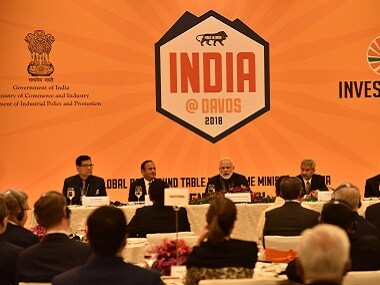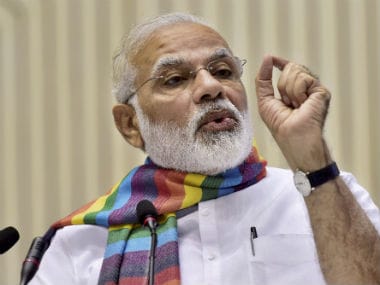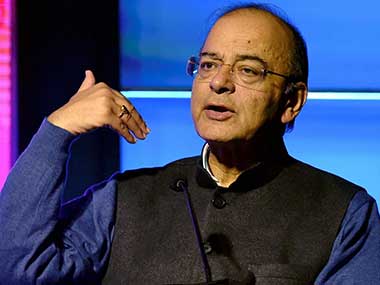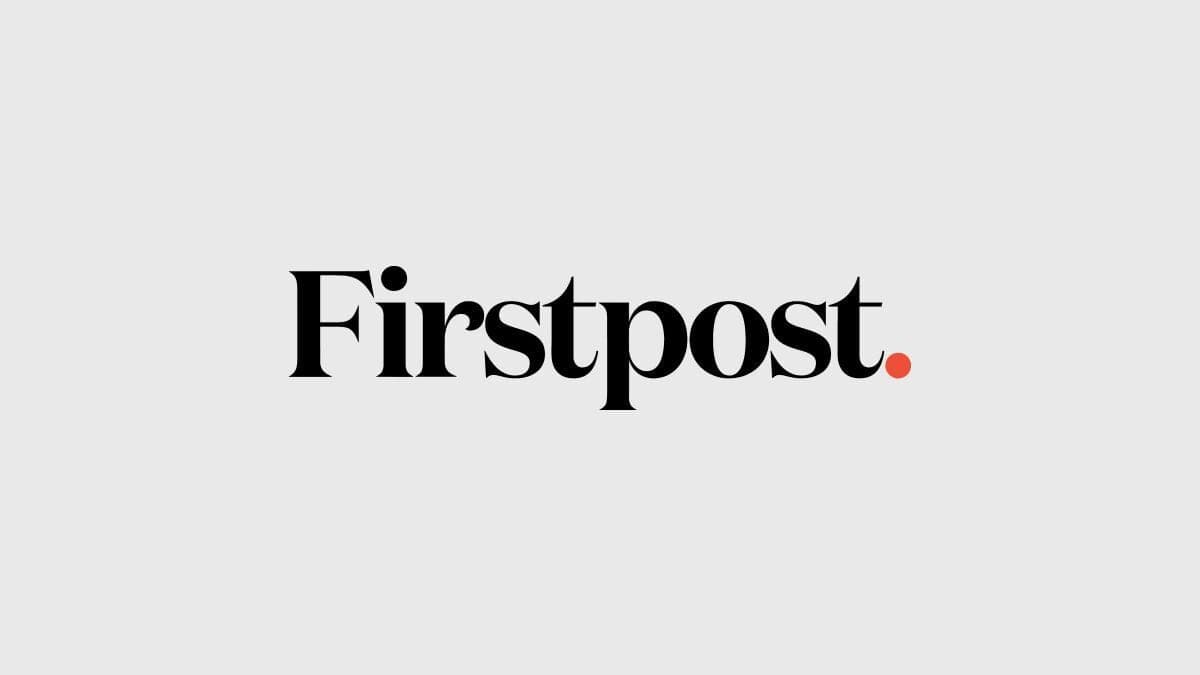Why did Prime Minister Narendra Modi decide to attend the Davos World Economic Forum (WEF) this year? This isn’t business as usual. In fact, the last time an Indian prime minister attended the Davos summit was in 1997 when H D Deve Gowda had participated. Typically, India sends its finance minister accompanied by top bureaucrats with power point presentations to outline country’s economic policy vision. This year Narendra Modi, unsurprisingly, wanted to deviate from the trend. The PM is leading India’s largest-ever delegation (129) and the fourth largest among all countries to Davos.
The prime minister will land in the Swiss Alps town later in the day, accompanied by some of his Cabinet colleagues and ace bureaucrats, to mark the beginning of a long day that will include his address at the opening plenary of the summit and other meetings with entrepreneurs and country heads. Modi wants to sell the India story to the world, as he has been doing ever since his historic win in Parliamentary elections in the summer of 2014. As the former Gujarat chief minister has often proved, he has always been the biggest crowd-puller and smartest salesman India has seen in a long time. Modi has a way of presenting his side whether at home country or abroad that even his biggest political rivals can’t match with.
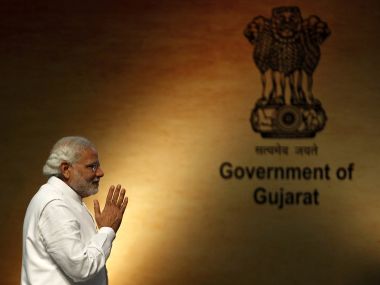
File image of Prime Minister Narendra Modi. Reuters
Now back to the original question -- why Davos this time? Look closer and one can see two clear reasons, one political and other economic or foreign policy-related. The economic reason first: There isn’t a more opportune time for Modi to address the international forum to showcase the reform progress he has achieved back home in the last one-and-a-half years.
No matter what his critics say about the ultimate outcome of his economic moves, Modi’s policies have caught international attention. In all likelihood, Modi will showcase his twin moves – demonetisation and progress on crackdown on the parallel economy and roll out of the Goods and Services Tax (GST). Both the one-off moves, though highly disruptive and painful for stakeholders of the economy in the short-term, have also won praise for Modi for being a PM who would not hesitate to take bold policy steps and experiment to challenge archaic norms.
At Davos, Modi will likely remind the world about his reform intent and progress made so far. Besides noteban and GST, Modi can also showcase his work on other areas including rural electrification, cleanliness drive and the success of his subsidy rationalisation and financial inclusion programmes built on the Aadhaar-mobile-bank account linked model. Modi also has in his kitty a few other points including a series of FDI (foreign direct investment) reforms aiming for more foreign participation and reforms in the banking sector and structural changes in the monetary policy regime.
On the whole, Modi is landing in Davos with a bag full of his economic achievements. Probably this is one reason why he chose to go this time. Then there are political and foreign policy reasons, too. Ahead of a series of state elections back home and Union Budget on 1 February, Davos is a good opportunity for Modi to make a statement of his economic vision for the country and the Asian region besides giving a sense about his approach to foreign investors for two critical election years. Modi has always used his foreign speeches to project India’s case for a leadership role among the developing nations. This time as well there will be a narrative of India’s emerging status among world economies, particularly in the Asian region.
India certainly looks a much better investment destination for global investors than many of its Asian peers thanks to the huge untapped potential and the reform intent shown by the Modi government. But the pain points in the economy will be questioned as well. These include India’s fragile manufacturing sector recovery, number of new jobs created versus new jobs promised by the government in the beginning, government’s ability to rein in fiscal deficit figures amidst the demand for critical public spending push, delay in the privatisation drive mainly in the government-dominated banking sector, lack of private investments and farmer distress spreading across India triggering a series of farm loan waivers. These are all tough questions for Modi to deal with before the international press. Normally, beyond headline making general statements, political rhetoric and photo ops, nothing really comes out of international business summits. But this time Davos will be different because Narendra Modi is in town.
Published Date: Jan 23, 2018 10:41 AM | Updated Date: Jan 23, 2018 10:43 AM





